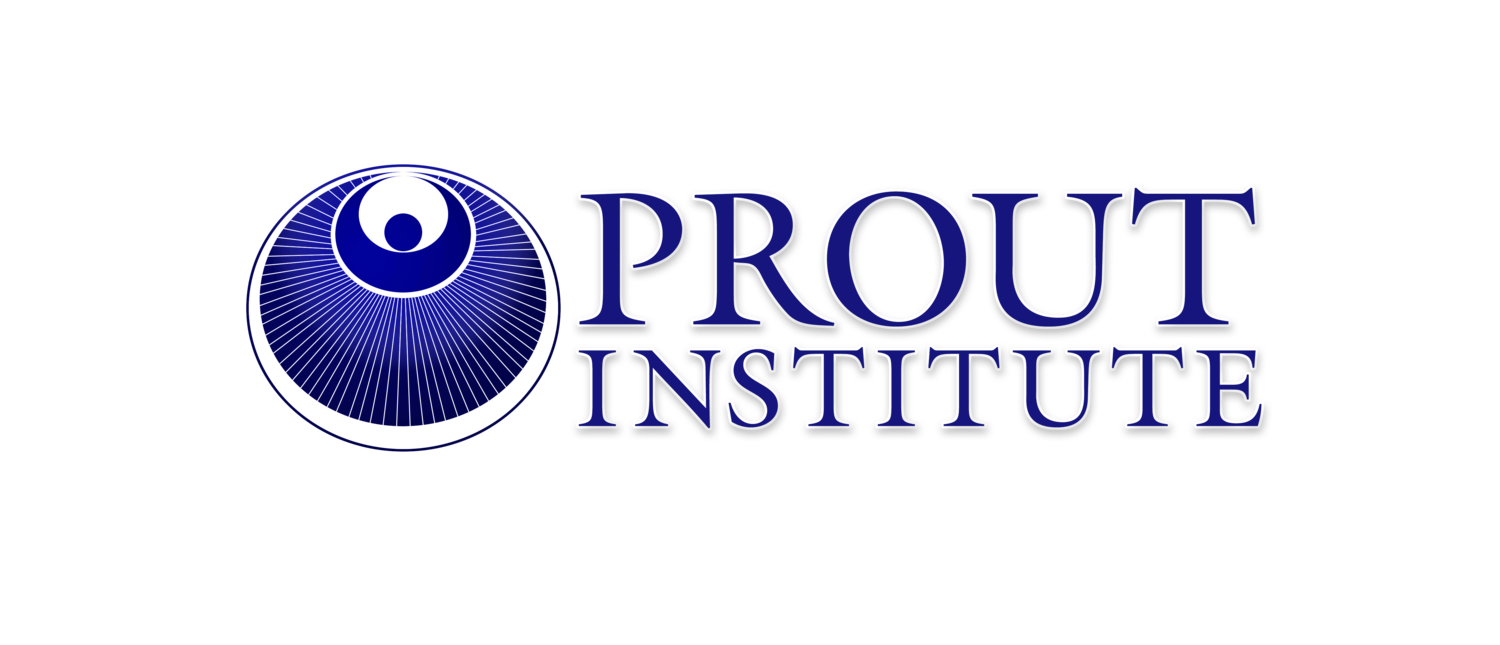
A Solutions-Oriented Approach
The future of humanity is bright
Humanity now needs a paradigm of development that places economic power in the hands of people and communities, nurtures living beings, promotes equity, ends exploitation, and maintains sustainable balance with the planet.
PROUT
Progressive Utilization Theory (PROUT) is a guiding vision for transformative social change, a comprehensive paradigm for socio-economic planning, and an integrated design system for socio-economic development.
Mission Statement
We provide people and communities with empowering resources to envision and enact sustainable and equitable solutions to social, economic, and ecological challenges.
Projects
The PROUT Institute is engaged in numerous projects in our local community. We also support grassroots initiatives in communities around the world.




